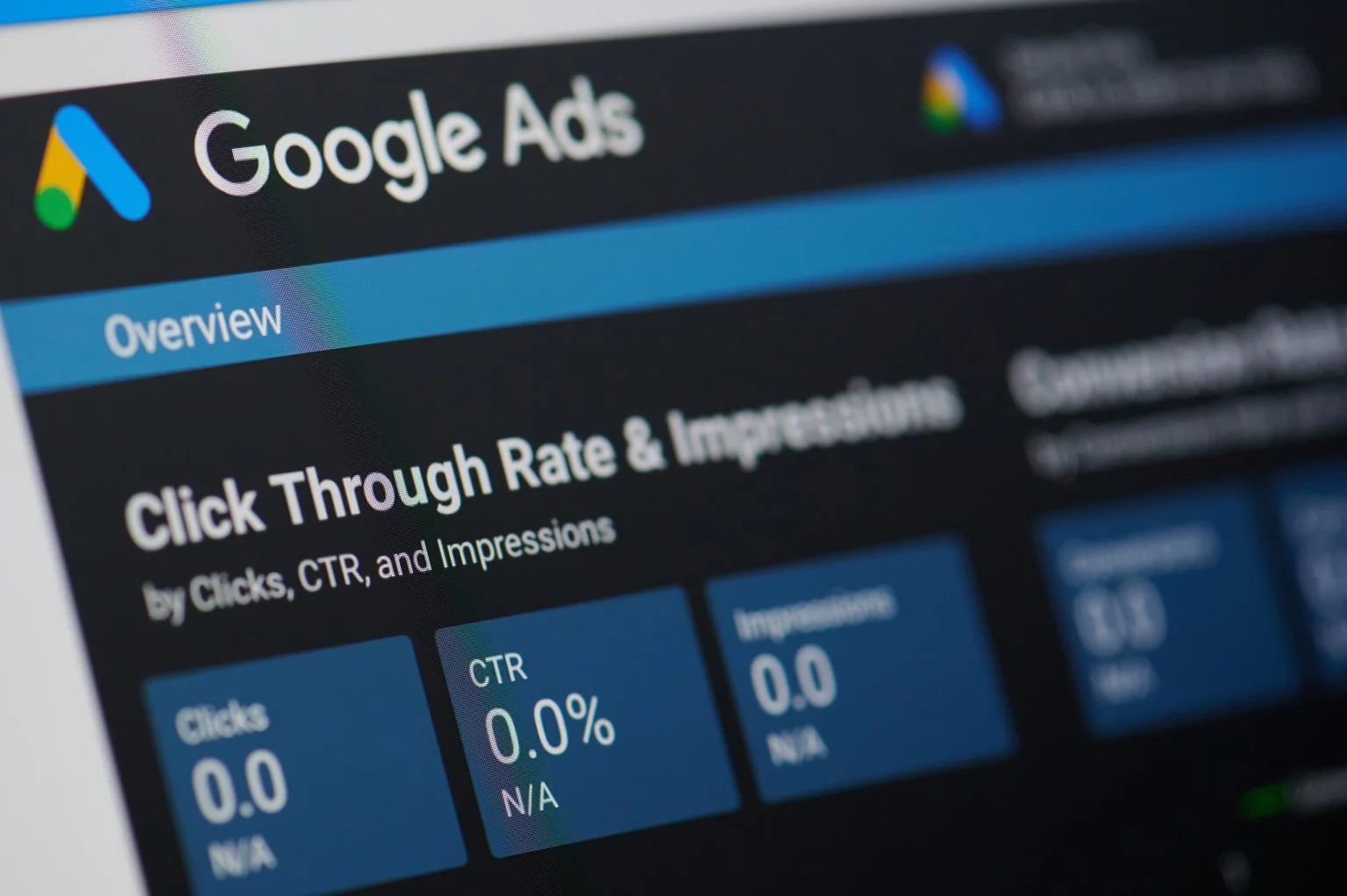
Ever obsessively monitored those little star ratings beneath your Google business listing? It’s okay; we’ve all been there. Turns out, they aren’t just stroking your ego (or shattering it on occasion)—they’re secretly influencing your Google rankings in ways you’ve probably overlooked.
Buckle up, because this guide is about to demystify how online reviews play a key role in your business’s performance in local search results. We’ll cover the hidden mechanics, tackle some potential pitfalls, and, most importantly, show you how to turn reviews into your secret SEO weapon.
Key Takeaways: Reviews and Google Rankings
- Quality Over Quantity: Detailed, meaningful reviews carry more weight than generic praise.
- Consistency Matters: A steady flow of fresh reviews boosts rankings more than sporadic bursts.
- Engage With Reviews: Responding to feedback (positive or negative) improves SEO and builds trust.
- Leverage Keywords: Encourage customers to mention specific services, products, or locations in their reviews.
- Avoid Fake Reviews: Stick to authentic feedback to avoid penalties and maintain credibility.
Do Reviews Affect Google Rankings
Short answer? Yes. Slightly longer answer? It’s complicated.
Google’s algorithm factors in more than 200 ranking elements, forming a labyrinth of complexity that even the Colonel’s secret recipe would envy. While Google hasn’t directly listed reviews as one of these factors, there’s overwhelming real-world evidence that they matter a lot.
But here’s where reality throws a curveball. It’s not just the sheer number of five-star reviews that matter; subtler dynamics are at play.
Seven Ways Reviews Influence Google Rankings
1. Review Quantity Quality Is Quantity’s Smarter Cousin
Yes, Google notices if you have dozens of reviews, but what’s more important is their substance. Research by Moz identifies review quantity as the fifth most important factor for local pack rankings, but fluff won’t cut it.
For instance, "Great service!" doesn’t have the same punch as "The team fixed my broken laptop within hours and even explained how to avoid future issues." Detailed reviews provide depth not only for prospective customers but also for Google’s crawling bots.
Bottom line: more meaningful reviews, less filler.
2. Review: Velocity Pacing Is Key
Imagine getting 30 glowing reviews overnight and then... crickets for six months. Sounds sketchy, right? Google’s spam filters think so, too.
What works better? A consistent stream of fresh feedback. Businesses that maintain steady review growth see their rankings improve by up to 25%, making review velocity a vital, though often overlooked, factor.
3. Review Diversity: Don’t Put All Your Eggs in One Basket
Sure, Google reviews matter, but if Yelp, Facebook, and industry-specific sites are screaming bad reviews, Google is going to notice. Consistency across platforms strengthens your “review ecosystem” and can improve visibility by a whopping 40%.
4. Review Responses: A Golden Ticket
Did you know Google has outright stated that responding to customer reviews benefits your SEO? Their reasoning? Engaging with reviews shows you value your customers’ feedback, which indirectly boosts rankings.
Businesses that actively respond to at least 25% of their reviews typically rank 35% higher in local search results. Yet, most businesses ignore this free opportunity.
Pro tip: Responding to reviews isn’t just polite; it’s SEO gold.
5. Review Keywords SEO Hidden in Plain Sight
When happy customers mention your location, services, or products in reviews, they’re essentially adding organic, keyword-rich content to your digital footprint that Google eats up.
For example, "Best pizza near Times Square" is not only a glowing endorsement but also a prime local search signal.
6. Review Sentiment: Yes, Google Understands Emotion
Google doesn’t just read reviews; it interprets sentiment. Reviews with enthusiastic language like "amazing experience!" or "totally exceeded my expectations" can have up to 28% more influence on click-through rates than lukewarm praise.
Emotionally charged reviews? That’s SEO juice right there.
7. Review Recency: Stay Fresh
According to Google, old reviews are like stale bread. While still valuable, they won’t carry the same weight as fresh ones. Generally, reviews grown within the last three months provide up to 15% more ranking power than those lingering from a year ago.
Keep the feedback flowing to stay relevant.
Watch Out: Review Minefields Can Hurt Rankings
Just as great reviews elevate rankings, bad ones can drag them down fast.
Fake Reviews: Think Twice Before Gaming the System
Google’s crackdown on inauthentic reviews is no joke. Offending businesses face penalties ranging from review removal to outright de-indexing.
The lesson here, stick with authentic feedback.
Review Bombing: Why Quality Control Matters
A sudden influx of negative reviews signals to Google that your business might have serious issues. While isolated bad feedback won’t wreck rankings, patterns of complaints certainly will.
Ignoring Negative Reviews: A Missed Opportunity
Responding to negative reviews can soften their blow. Businesses that acknowledge and handle complaints see improved ratings over time, and ignoring them tells both Google and potential customers you don’t care.
Actionable Steps Boosting Rankings Through Reviews
1. Automate Review Requests
Personalized follow-ups via email or SMS can boost review generation by 80%. Timing is everything; ask for feedback shortly after a positive interaction.
2. Guide Organic Keywords
Encourage customers to include specifics in their reviews by framing requests like, "We’d love to hear your feedback on [specific service or product]."
3. Build a Response Strategy
Create templates for addressing reviews, both positive and negative, but add a personal touch for authenticity. Respond promptly to keep customers engaged.
4. Turn Negatives Into Wins
Address critical feedback thoughtfully. Google notices, and so do prospective customers. This process can lead to long-term loyalty and better SEO, even from initial complaints.
Future Trends: Visual Reviews and AI Sentiment Analysis
The review landscape isn’t stagnant. Here’s what’s brewing on the horizon:
- AI could start analyzing reviewer credibility, adding an extra layer of trustworthiness to rankings.
- Visual and video reviews may carry more weight as Google improves its visual search technologies.
Use Reviews Wisely
Online reviews are more than just a snapshot of customer satisfaction; they’re a direct line to better search rankings. Google may not shout about it, but the influence is real, pervasive, and crucial for local SEO success.
Harness the power of reviews responsibly, and you’ll not only climb the ranks but also build trust and loyalty that keep paying dividends.
Want a step-by-step plan to improve your online reviews? Get in touch for a free strategy session today!
Top 5 FAQs: Reviews and Google Rankings
1. Do online reviews really affect Google rankings?
Yes! While Google doesn’t explicitly list reviews as a ranking factor, evidence shows that review quantity, quality, and recency significantly impact local search rankings.
2. How do keywords in reviews help SEO?
When customers mention your location, services, or products in their reviews, they create organic, keyword-rich content that boosts your local search visibility.
3. Why is responding to reviews important for rankings?
Google values businesses that engage with their customers. Responding to reviews shows you care about feedback, which can improve your local SEO rankings by up to 35%.
4. How often should I get new reviews?
Consistency is key. Fresh reviews within the last three months carry more weight with Google, so aim for a steady stream of feedback rather than sporadic bursts.
5. Can fake or negative reviews hurt my rankings?
Yes. Fake reviews can lead to penalties like de-indexing, while patterns of negative reviews signal potential issues to Google. Responding to negative reviews thoughtfully can mitigate damage.



.webp)























































